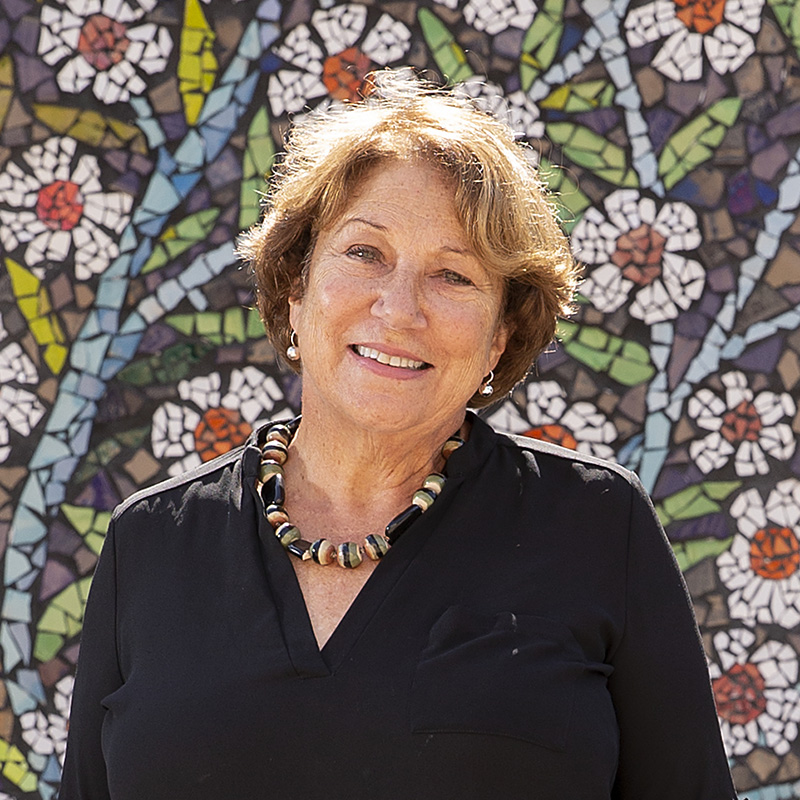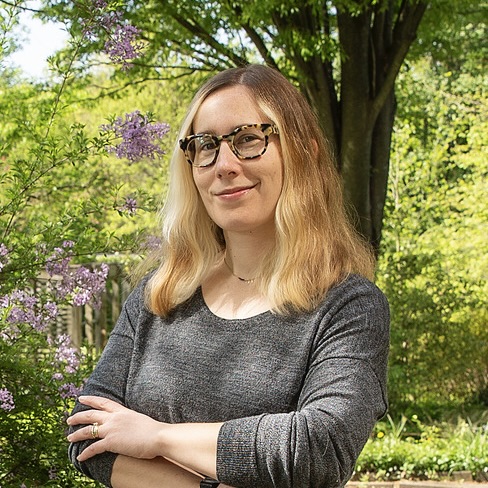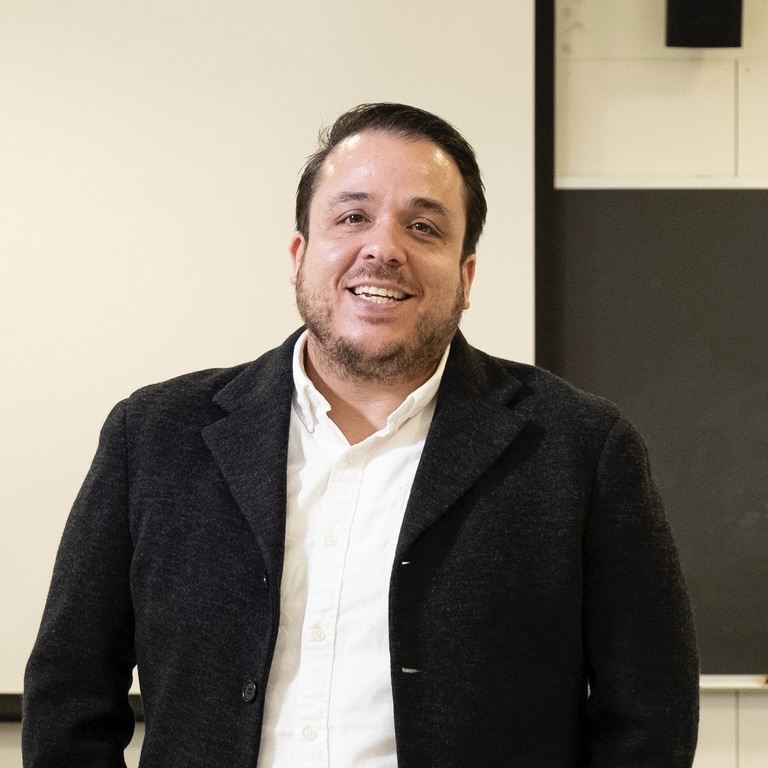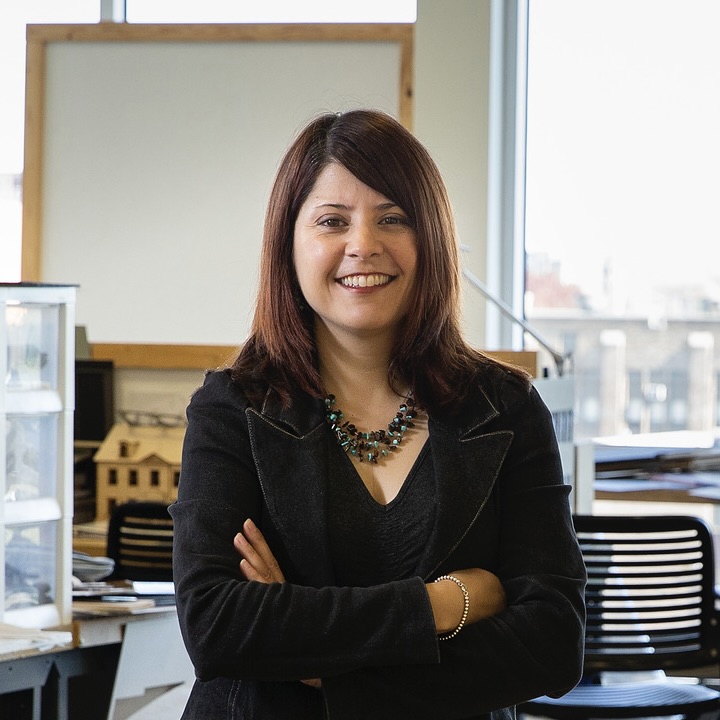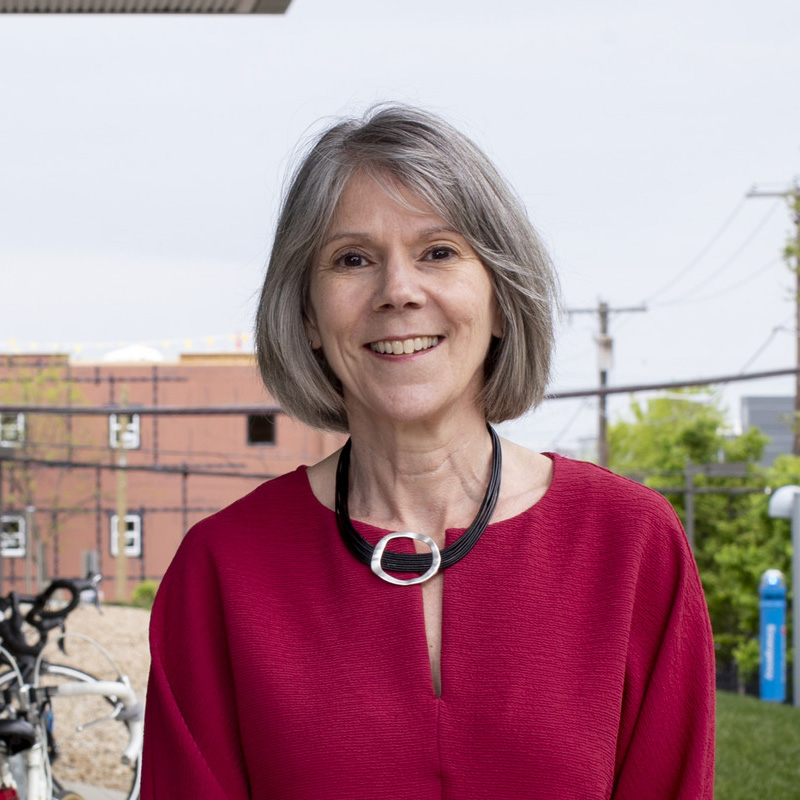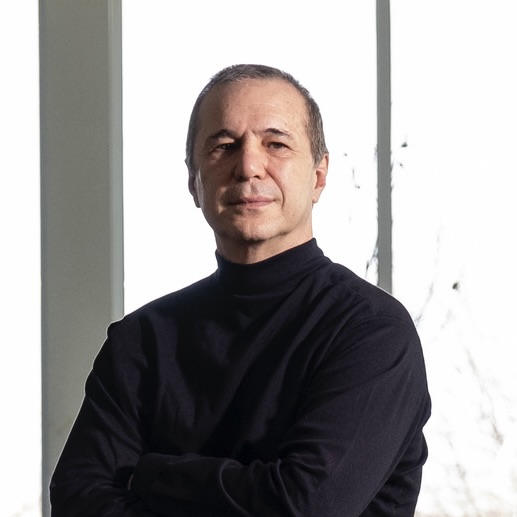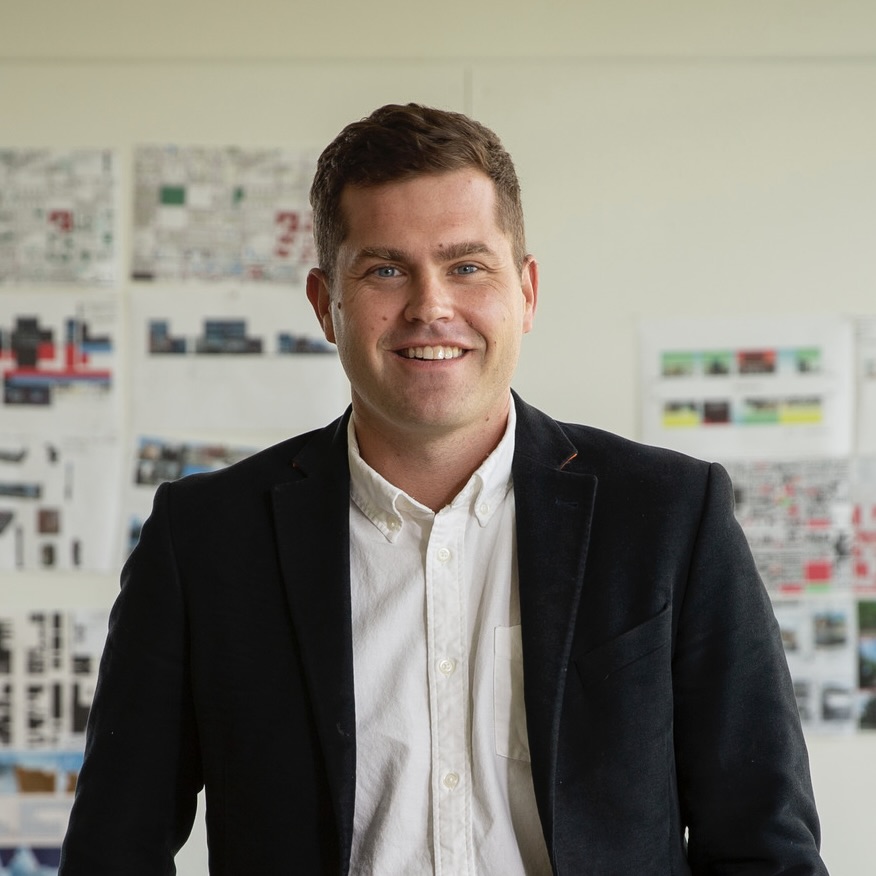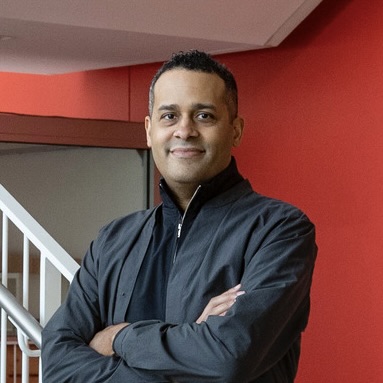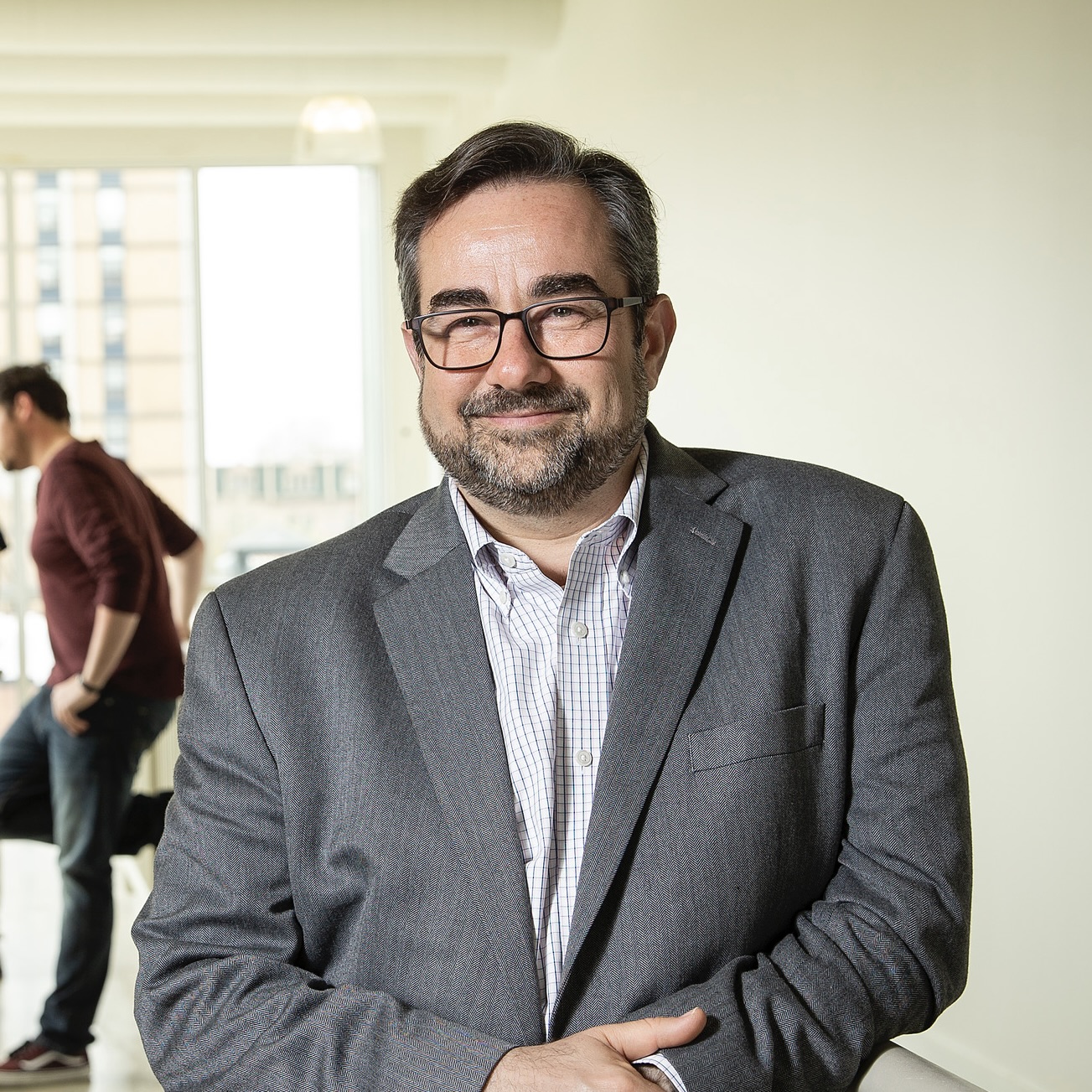The Urban Workshop, formed in 2003 by Architecture and Environmental Design faculty at Tyler, is an interdisciplinary research and design collaborative that works with underserved communities to create places that are socially vibrant, healthy and resilient.

Where theory connects with lived experience
The Urban Workshop brings together students, faculty and community partners to address critical issues in the lived environment.
Dedicated to a community-engaged process, our faculty and students employ innovative research and design methods that fuse local expertise and professional skill. Community partners benefit from being central to design and research initiatives, ensuring that solutions to spatial problems are well-informed by a shared vision. Together, we create architecture and landscape designs, neighborhood plans, and public installations that advance the aspirations of the community, and through scholarly research and production we contribute to the base of knowledge about creating beautiful and resilient urban places.
Community-Based Learning and Practice
Students are part of design and planning teams and learn from the participatory experience. Students learn to listen acutely, to develop empathy, and to recognize deeper complexities when removed from the context of studio and classroom. Immersed in the complexity of real-world situations, they experience a new model of ethically driven practice that will serve them as they enter their professional lives.
- We offer a collaborative academy-community practice in urban design, research, architecture, and design-build projects for underserved neighborhoods and organizations.
- We create curricular opportunities for students to deepen their creative education through unique interdisciplinary and community-based experience.
- We advance knowledge in healthy and sustainable urban place-making.
Engage
Engagement is central to all our activities. In workshops, charrettes, and public forums we build productive relationships with our community partners. Through a process of shared learning and creative inquiry, we seek to draw out the deep cultural knowledge and aspirations embedded in the communities with whom we work.
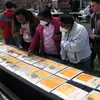
Remembering and Storytelling with Asociación Puertorriqueños en Marcha.
Engaging Community Elders to bring the history of Germantown Avenue to the present dialogue on how to build the future.

Taller de Imaginario -Community Workshop
Visioning with youth to plan new development in Barrio Popular, Medellin.
Design
Drawing on engaged research we envision spaces where community needs and aspirations intersect, emphasizing access, sustainability and beauty. Creativity often begins in community-centered courses, and as projects are formed and funded, they are developed in a faculty-led design process.
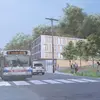
Brownfields Transformation
Completed with Somerset Neighbors and New Kensington CDC. New Senior Housing, Intergenerational Park and Transit Greening.
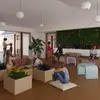
Living/Learning Cabin Prototype
Completed with Variety the Children’s Charity of Delaware Valley. A place to support and nurture children with disabilities.
Research
Our research builds new knowledge about formal and informal place-making practices that are underrepresented in mainstream scholarship. We focus on how resiliency can be advanced in contexts worldwide where environmental and economic conditions impact the quality of life for urban dwellers.

Environmental Justice for Communities Surrounding Oil Refineries
In collaboration with Coalition for Clean Air Los Angeles. Students, faculty and community members investigate the existing conditions of the Dominguez Channel.
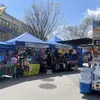
Informal Vending Study in Queens, NY
Strategies for health policy and community-generated economic development at Corona Plaza.
Install
Installations of full-size spatial works energize the longer temporal arc of revitalization. These range from art works to temporary placemaking structures to site furnishings to prototypes of larger constructions. Both useful and engaging, these tactical interventions inspire belief in future transformations.
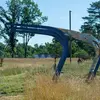
Market stall prototype
For Philadelphia's Southeast Asian Market in Roosevelt Park, Philadelphia
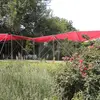
Garden Pavilion
A demountable, mobile garden pavilion provides shade and teaching space for the urban gardening program at Philly Earth, Philadelphia.
Associated Tyler Faculty
Academic and Professional Collaborators
- Jefferson University, College of Architecture and Built Environment
- Temple Small Business Development Center
- University of Pennsylvania, Stuart Weitzman School of Design
- University-Community Collaborative of Philadelphia
- JacobsWyper Architects
- Olin Partnership, Landscape Architects
- Rowan University, School of Earth and Environment
- Wells_Appel_Sikora Landscape Architects
Funding
Urban Workshop is supported by both External Project grants and grants from Tyler School of Art and Architecture and the Temple University Office of Research.
External funding has been provided by the National Endowment for the Arts, U.S. Environmental Protection Agency, Pew Center for Arts & Heritage, Wachovia Regional Foundation, U.S. Department of Housing and Urban Development, U.S. Department of Education, John and Kira’s Chocolates, The Village of Arts and Humanities, and the Norris Square Civic Association.

